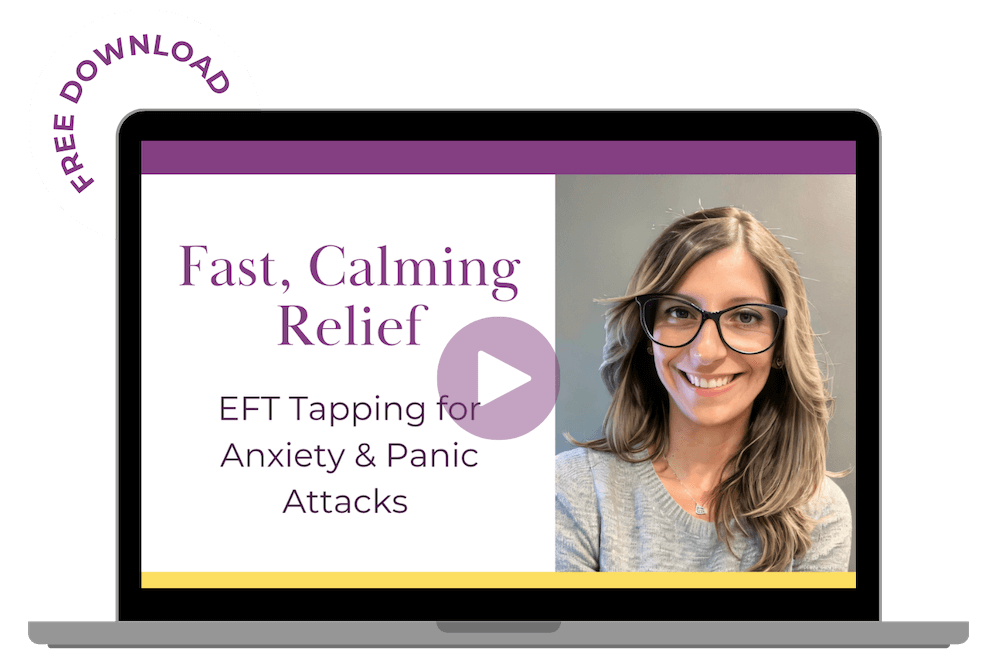Introduction: Sleep is essential for our physical and mental well-being, yet for many individuals struggling with anxiety, getting a good night’s sleep can feel like an elusive dream. Anxiety can disrupt sleep patterns, leading to difficulty falling asleep, staying asleep, or experiencing restorative sleep. In this blog, we’ll explore the intricate relationship between sleep and anxiety, and offer strategies for finding relief and improving sleep quality.
- The Bidirectional Relationship:
- Anxiety and sleep have a bidirectional relationship, meaning that anxiety can disrupt sleep, and poor sleep can exacerbate anxiety symptoms.
- Anxiety can lead to racing thoughts, worry, and physiological arousal, making it difficult to relax and fall asleep. Conversely, sleep deprivation can heighten emotional reactivity, increase stress hormone levels, and impair cognitive function, contributing to feelings of anxiety and overwhelm.
- Common Sleep Problems Associated with Anxiety:
- Difficulty Falling Asleep: Individuals with anxiety may struggle to quiet their mind and relax enough to fall asleep, leading to prolonged periods of lying awake in bed.
- Frequent Nighttime Awakenings: Anxiety can disrupt sleep architecture, causing individuals to wake up multiple times throughout the night and struggle to return to sleep.
- Restless Sleep: Anxiety-related muscle tension and hyperarousal can result in restless, fragmented sleep, leaving individuals feeling fatigued and unrefreshed in the morning.
- Early Morning Awakening: Some individuals with anxiety may experience early morning awakenings, waking up before their desired wake time and finding it difficult to fall back asleep.
- Strategies for Improving Sleep with Anxiety:
- Establish a Relaxing Bedtime Routine: Create a calming bedtime routine to signal to your body that it’s time to wind down. This may include activities such as reading, listening to calming music, or practicing relaxation techniques like deep breathing or meditation.
- Create a Comfortable Sleep Environment: Make your bedroom a sleep-friendly environment by keeping it cool, dark, and quiet. Invest in a comfortable mattress and pillows, and consider using white noise or blackout curtains to block out distractions.
- Limit Screen Time Before Bed: Reduce exposure to screens, such as smartphones, tablets, and computers, in the hour leading up to bedtime. The blue light emitted by screens can disrupt the production of melatonin, the hormone that regulates sleep-wake cycles.
- Practice Stress Management Techniques: Incorporate stress management techniques into your daily routine to help alleviate anxiety and promote relaxation. This may include mindfulness meditation, progressive muscle relaxation, or journaling.
- Seek Professional Help: If anxiety-related sleep problems persist despite self-help strategies, consider seeking support from a mental health professional. Cognitive-behavioral therapy (CBT) for insomnia and other evidence-based treatments can help address underlying anxiety and improve sleep quality.
Conclusion: Sleep and anxiety are intricately connected, with each influencing the other in a complex interplay. By understanding the relationship between sleep and anxiety and implementing strategies to improve sleep hygiene and manage anxiety symptoms, individuals can work towards achieving better sleep quality and overall well-being. Remember, prioritizing self-care and seeking support when needed are essential steps towards finding relief and restoring balance to your sleep patterns.







